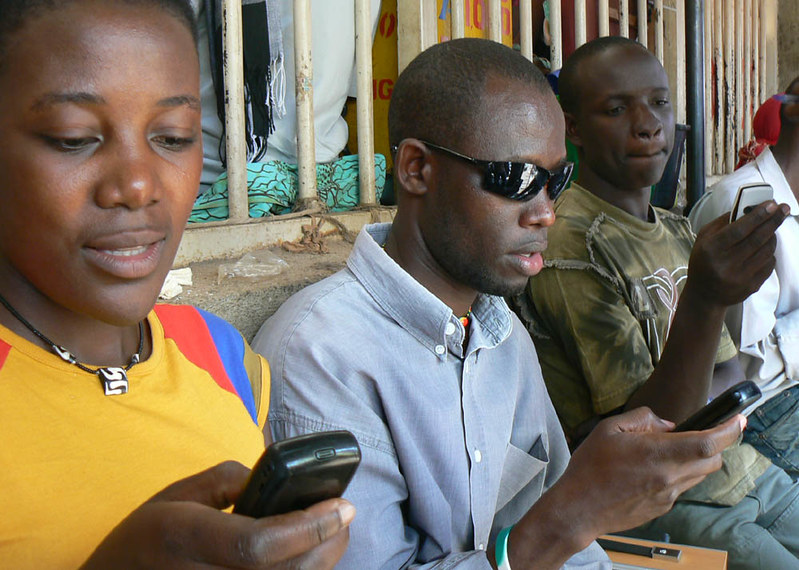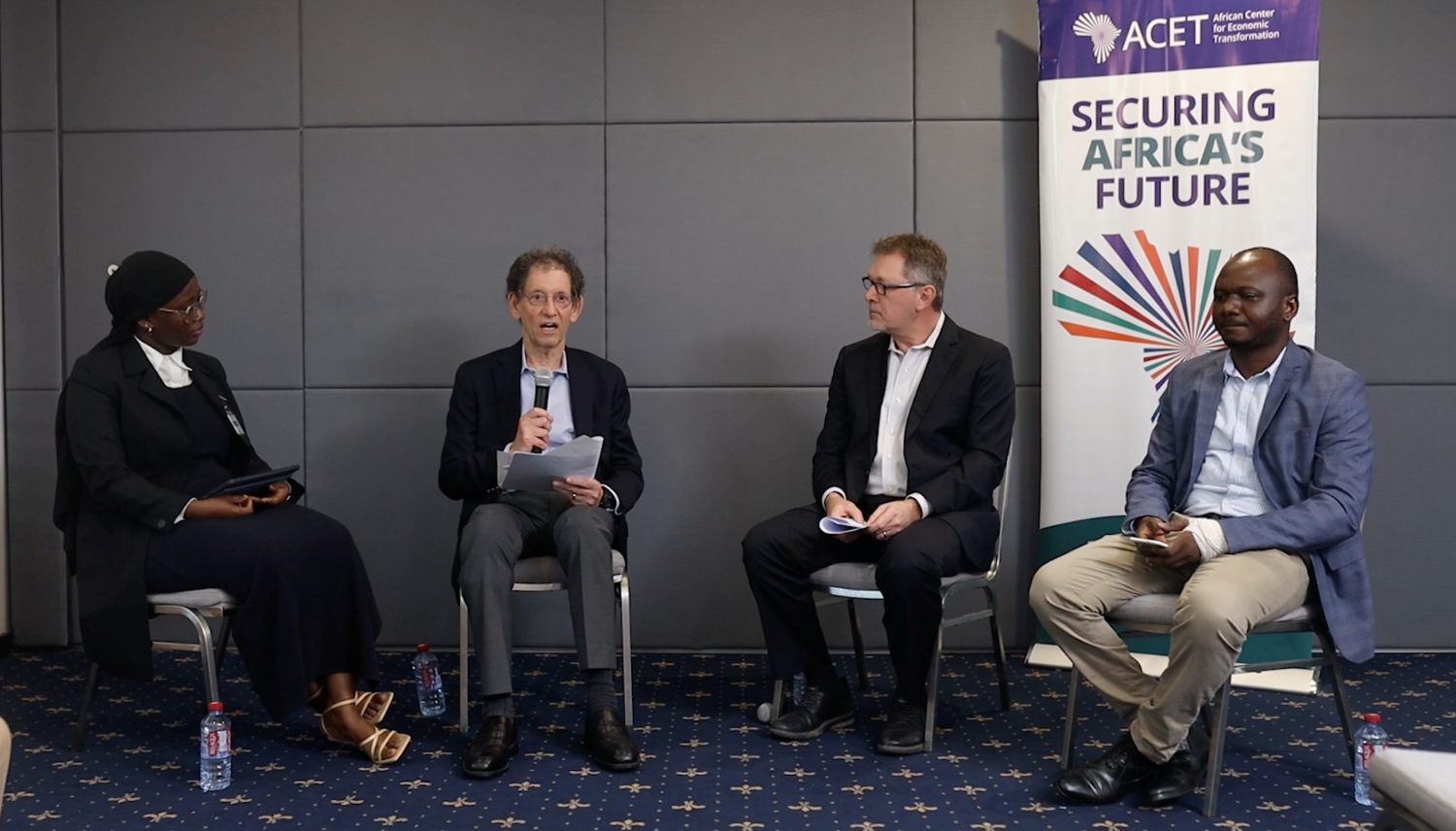That policymaking should be guided by evidence is a conviction widely held across the development community and one that naturally leads to a demand for high-quality data. In the words of the 2030 Agenda for Sustainable Development, achieving the Sustainable Development Goals (SDGs) will require “quality, accessible, timely and reliable disaggregated data […] to help with the measurement of progress and to ensure that no one is left behind.”
The “more and better data” movement is based on the premise that well-intentioned governments can better serve the poor and vulnerable if they have basic information about them. Until recently, this notion would have seemed uncontroversial. But growing concern about the risks created by the misuse of data—particularly personal data—has led to a shift in attitudes that has forced the development community, along with society more broadly, to consider how much governments should know about their citizens and how much companies should know about their customers.
In an effort to make some headway on these questions, CGD, the Digital Trade & Data Governance Hub, and the Heinrich Böll Foundation organized a conference in late January on “Data as a Development Issue” that brought together economists who use data to support development and human rights advocates focused on promoting responsible data use.
The event showed how the development community’s views about data are evolving and the growing recognition that earning trust in how data is treated is a necessary precondition for effective use.
Watch the video below to see a few of the highlights from the day’s discussions and read on for thoughts about how to move the conversation forward.
Video created by Stephan Bachenheimer
The case for “more and better data”: the danger of not being counted
At its most basic, evidence-based policymaking involves collecting data, turning it into usable information, and using the insights gathered to guide decision-making. The quality of outputs (i.e., decisions) that this process creates depends on how well its primary input, data, reflects reality “on the ground.”
Too often, governments assess their actions and policies using systematically biased information because they lack data about people from disadvantaged groups, including the poor, elderly, rurally located, and—particularly in low- and middle-income countries—women. Because they are less visible in the data, these groups are more likely to be further disadvantaged by government policy. As the saying goes, “if you’re not counted, you don’t count.”
This danger of not being counted has motivated a wide range of efforts under the banner of seeking “more and better data.” A 2014 United Nations report, A World That Counts: Mobilising The Data Revolution for Sustainable Development, highlighted the need to improve data collection in lower-income countries to meet and monitor the SDGs. That report spearheaded a work program carried forward today by organizations like the Global Partnership for Sustainable Development Data (GPSDD), Data2x, Open Data Watch, Paris21, and SDSN TReNDS, and initiatives like Data4Now.
As some development organizations have promoted better data collection and analysis, others have promoted the use of tools like digital identification and mobile money to improve access to financial and government services, or supported data-sharing collaborations between governments and technology firms to use private data to improve social outcomes. (See recent initiatives by the OPAL Project and GovLab, for example.) While these tools and initiatives come with great promise, they also raise novel ethical and regulatory concerns for policymakers to consider because they create or rely on information that can be used to target individuals or groups.
The growing demand for responsible data use
Despite its role in helping governments implement digital services and data collection, the development community has given far less attention to how countries should govern data use and data ecosystems in both the public and private sectors. (Some exceptions include recent work by the Consultative Group to Assist the Poor (CGAP) on How to Make Data Work for the Poor and the UN Digital Impact Alliance on Responsible Use of Network Data.) But this situation is now changing, as more development organizations begin to grapple with this issue publicly. This includes the World Bank, which will focus its 2021 World Development Report on “Data for Development.”
These efforts could not come soon enough. In recent years, the tone of discussions around digital technology in development has shifted away from enthusiasm about the promise of new tools toward uneasiness about the threats posed by the misuse of data. The Facebook/Cambridge Analytica scandal, which highlighted the ease with which personal data can be obtained without consent and the dangers of microtargeting was one cause; others include growing concerns about the global expansion of AI surveillance, a steady uptick in reporting on the dangers associated with practices like location tracking, and the scale and ethically dubious practices of the data broker industry.
Today, a growing community of activists is raising awareness of these risks and calling on organizations to use data more responsibly and on governments to strengthen oversight and regulation. This movement has been particularly effective in the humanitarian sector, where advocacy efforts by groups like the Harvard Humanitarian Initiative’s Signal Program, The Engine Room, and the aptly titled Responsible Data Community have helped humanitarian organizations design guidelines around the responsible use of data. (For an example and summary of these initiatives see the UN Office for the Coordination of Humanitarian Affairs’ Draft Data Responsibility Guidelines.) While some of these guidelines may not map well to the concerns of national and subnational policymakers, these initiatives provide a useful resource for the development community to draw from.
Bridging the gap
It often feels like members of the “more and better data” and the “responsible data use” movements talk past one another: while those in the former tend to rely on economic concepts like cost/benefit analysis and tradeoffs, those in the latter tend to speak in terms of social justice principles like human rights and voice.
As Claire Melamed noted in her keynote address at the conference (based on her shorter remarks at the World Economic Forum a week earlier), bridging this gap may ultimately require a new social contract for data co-created and agreed upon by governments and the people they govern. To be effective, such a contract would need to be built on a common understanding that digital innovation will play an increasingly important role in economic growth, and that the best way to build and preserve the trust needed to support that innovation is to use data in an ethical and transparent manner that protects the rights of individuals.
Getting from this common understanding to the exact terms of a new social contract, and from those terms to actual policy outcomes will be a long and contentious process—and one in which the development community has an important role to play.
This can be achieved in two steps: first by working with and giving voice to experts and policymakers in lower-income countries to ensure that global discussions on data governance take their priorities and needs into consideration. And second, by providing more evidence (and yes, more data) to inform discussions around the cost and benefits associated with different approaches to using digital tools to support development.
At CGD, we intend to support both these aims through a recently launched program of work focused on how governments can use and regulate the use of data and data systems in a manner that supports innovation, growth, and economic development while protecting individuals against abuse—and what development organizations can do to support these efforts.
We’ll have more details to share on our approach in the coming months, so please stay tuned.
If you haven’t already, sign up for CGD’s tech newsletter here to stay up-to-date on our work on data and development.
Disclaimer
CGD blog posts reflect the views of the authors, drawing on prior research and experience in their areas of expertise. CGD is a nonpartisan, independent organization and does not take institutional positions.





